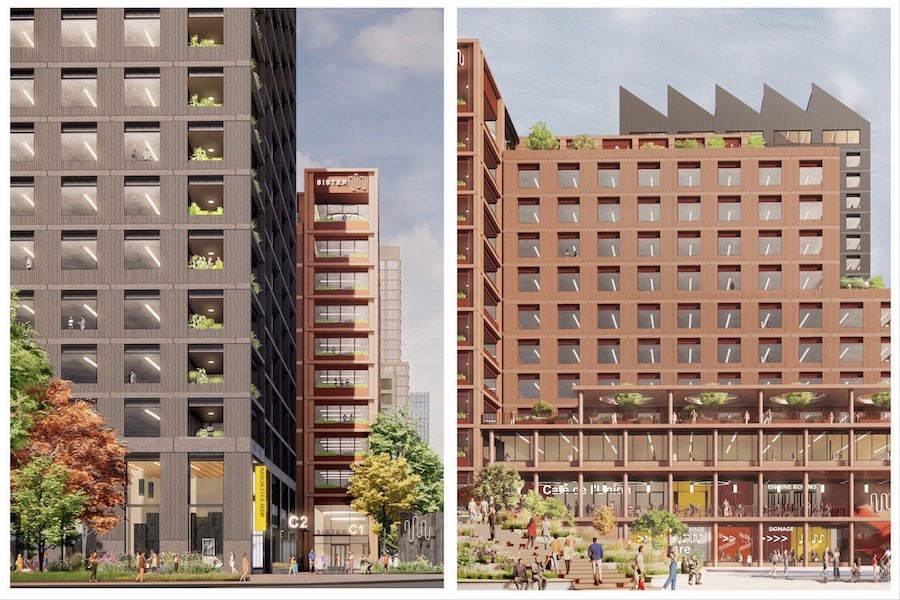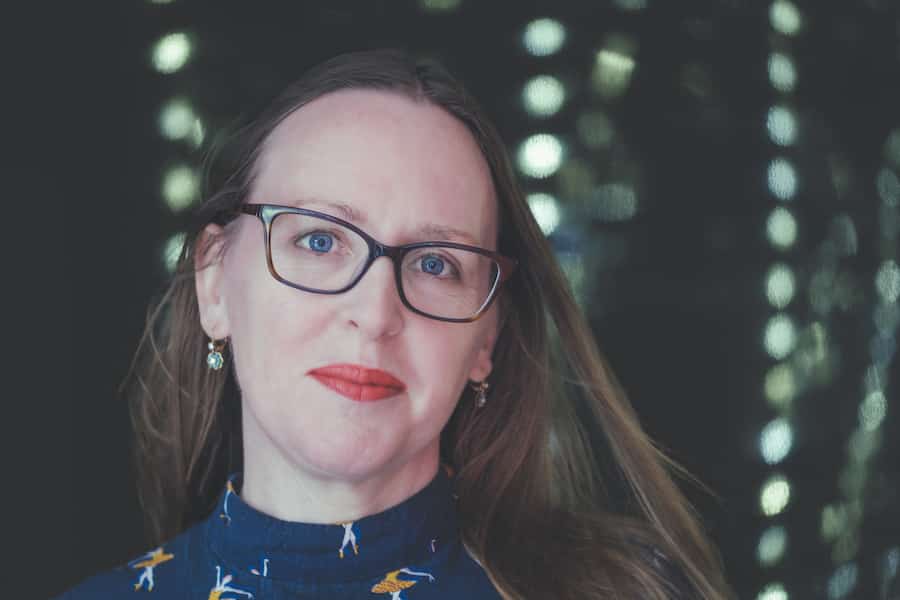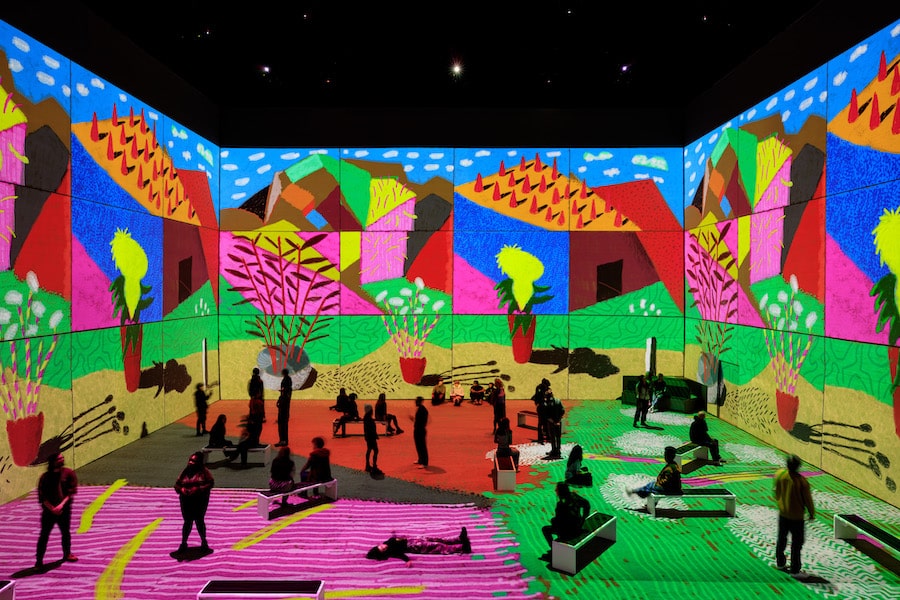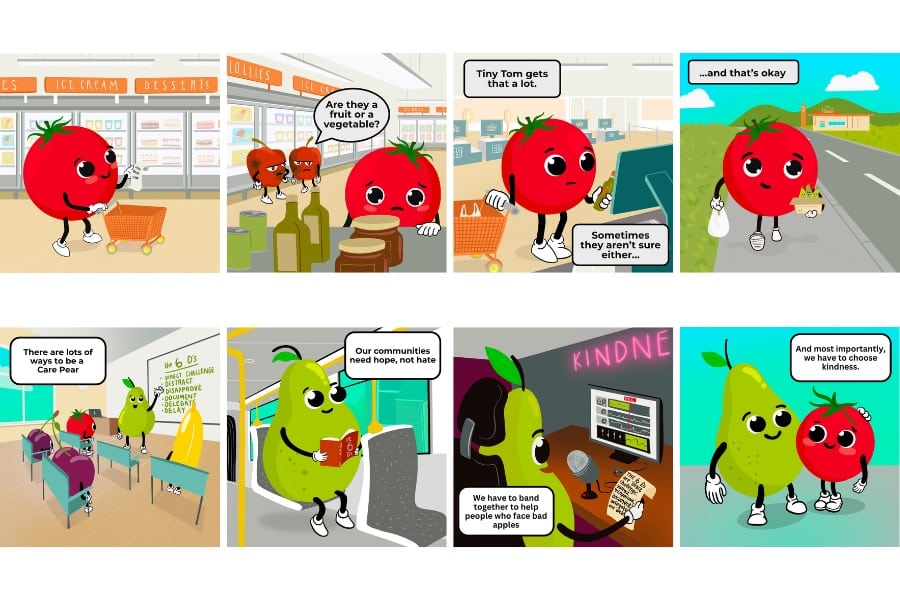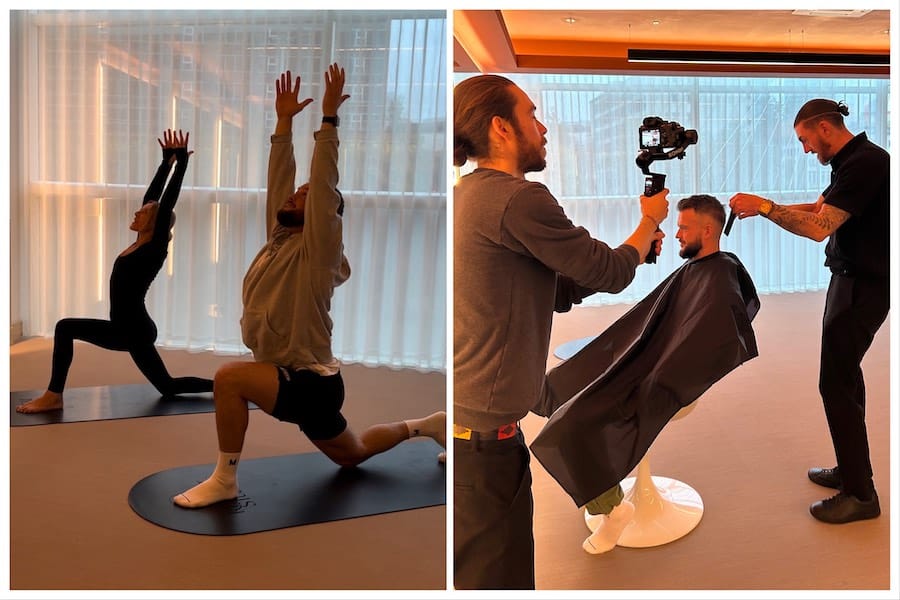Science and Industry Museum to launch new world-first free exhibition
- Written by Louise Rhind-Tutt
- Last updated 4 years ago
- Health & Wellbeing, Museums
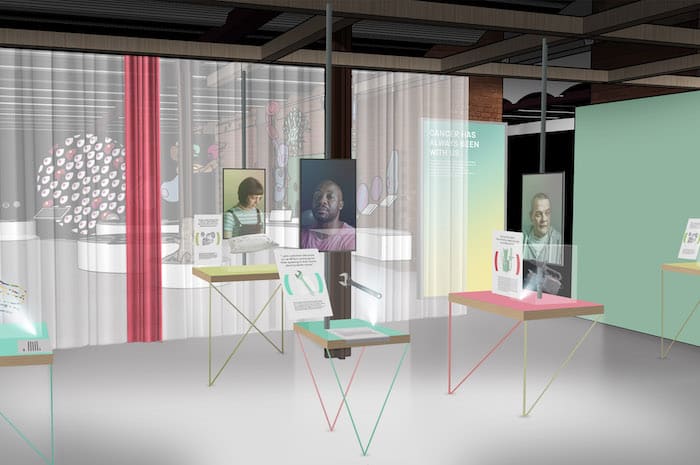
The Science Museum Group has announced a major new free exhibition exploring the revolution in science that is transforming cancer care.
Opening at the Science and Industry Museum in Manchester in October 2021 before heading to the Science Museum in London in May 2022, Cancer Revolution: Science, innovation and hope is the first major exhibition to reveal the past, present and future of how cancer is prevented, detected and treated.
Created with support from expert partner Cancer Research UK, this world-first exhibition, explores how, at a pivotal moment when one in two of us will be diagnosed with cancer in our lifetime, more of us than ever before are living longer, and better with the disease and beyond.
The exhibition will present the stories of people affected by cancer, together with those who study and treat it, revealing how researchers, clinicians, policymakers and patients are fuelling progress in a powerful expression of shared hope.
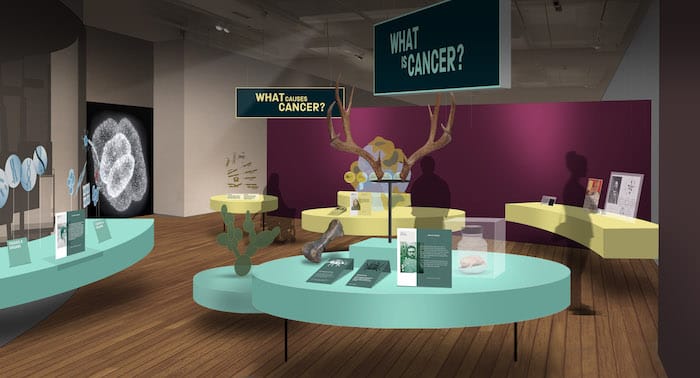
From busting myths about the causes of cancer, to exploring how the disease isn’t unique to humans and how the latest cancer science, early detection technologies and immunotherapies are advancing cancer care today, Cancer Revolution: Science, innovation and hope shows how far we have come.
The exhibition also shows how cancer has been treated over the centuries, from high-risk surgeries to the discovery of the first chemotherapy drugs, and also the important challenges that remain to be solved.
“Despite the advances in survival that have been made there are still big questions to address,” says Katie Dabin, lead curator of Cancer Revolution.
“Why do treatments sometimes stop working? Why does cancer come back in some people but not others?
“How can we help more people with cancer live better and longer?”
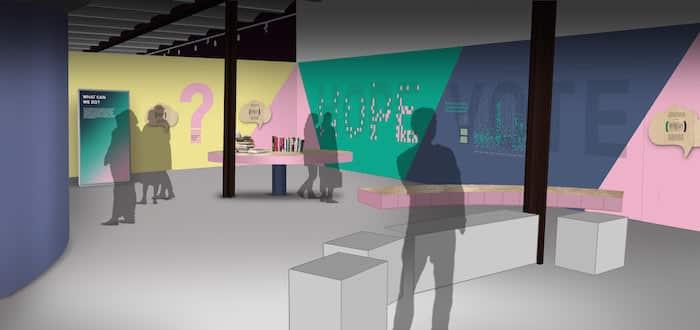
Cancer Revolution will introduce visitors to the researchers and remarkable science that is transforming our understanding of the disease and ways of treating it – particularly in its more advanced stages.
It also focuses on new technologies to detect the disease in its earliest stages. From constructing mini-tumours, to creating virtual reality ones, cancer scientists are studying how cancers grow and change in more detail than ever before.
Visitors will be introduced to therapies that re-engineer immune cells to better recognise cancer and novel technologies that are helping to detect cancer earlier.
“What we’ll show is that the revolution happening in cancer care is also about more than just science,” says Kate.
“There’s a profound shift in expectations and attitudes – cancer is no longer regarded as a terminal disease or as a disease that can’t be mentioned by name.
“Today more people than ever before can be treated or live with the disease for a long time.
“Hope has broken the silence that surrounded cancer. Whilst we can’t cancer-proof our lives, we can take agency in the face of it – from speaking more openly about it, being aware of its causes and symptoms, dispelling misconceptions and stigma, and by being open to finding out more about it.”
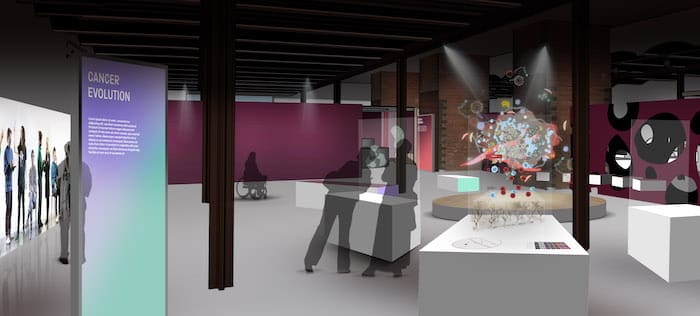
Michelle Mitchell, Cancer Research UK’s chief executive, says: “This major new exhibition will show how cancer care is being revolutionised, thanks to research which is making transformative steps in the prevention, diagnosis and treatment of cancer – a disease that has such a devastating impact on millions of people and families.
“The last 16 months have highlighted the value of investing in science and medical research, and what can be achieved with collective focus and collaboration.
“Just like science is our route out of the pandemic, science is our route to beating cancer.
“So much progress has been made in the global fight against the disease and this inspirational exhibition will show our optimism for the future.”
Deborah James, exhibition advisor, writer and podcaster says: “Five years ago I was diagnosed with advanced (stage 4) bowel cancer.
“From the bleakness, I’ve ridden the wings of science into a future I never thought I’d see. Science has always given me hope to take things one step at a time.
“I was given two and a half extra years of life, on a targeted drug combination not even on the table when I was first diagnosed. By taking part in trials, I have become part of the data that will give hope and life to others, and I couldn’t be prouder.
“One day I hope my own children will live in a world where cancer is a chronic disease.
“Through this exhibition we can open up the conversation of cancer even more – throw down the veil, and educate a new generation to know that prevention is key, science is wonderful, and always to have hope.”
Cancer Revolution: Science, innovation and hope will open at the Science and Industry Museum in Manchester in October 2021. Find out more at: Cancer Revolution: Science, innovation and hope.
- This article was last updated 4 years ago.
- It was first published on 28 July 2021 and is subject to be updated from time to time. Please refresh or return to see the latest version.
Did we miss something? Let us know: [email protected]
Want to be the first to receive all the latest news stories, what’s on and events from the heart of Manchester? Sign up here.
Manchester is a successful city, but many people suffer. I Love Manchester helps raise awareness and funds to help improve the lives and prospects of people across Greater Manchester – and we can’t do it without your help. So please support us with what you can so we can continue to spread the love. Thank you in advance!
An email you’ll love. Subscribe to our newsletter to get the latest news stories delivered direct to your inbox.
Got a story worth sharing?
What’s the story? We are all ears when it comes to positive news and inspiring stories. You can send story ideas to [email protected]
While we can’t guarantee to publish everything, we will always consider any enquiry or idea that promotes:
- Independent new openings
- Human interest
- Not-for-profit organisations
- Community Interest Companies (CiCs) and projects
- Charities and charitable initiatives
- Affordability and offers saving people over 20%
For anything else, don’t hesitate to get in touch with us about advertorials (from £350+VAT) and advertising opportunities: [email protected]


Manchester Christmas markets poised for ‘spectacular’ return to Albert Square
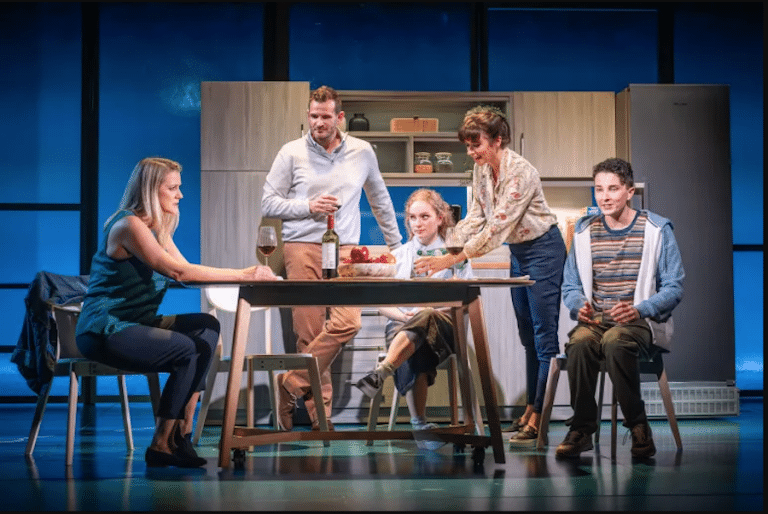
Review: Dear Evan Hansen at Palace Theatre is ‘a heart-wrenching story of grief and hope’
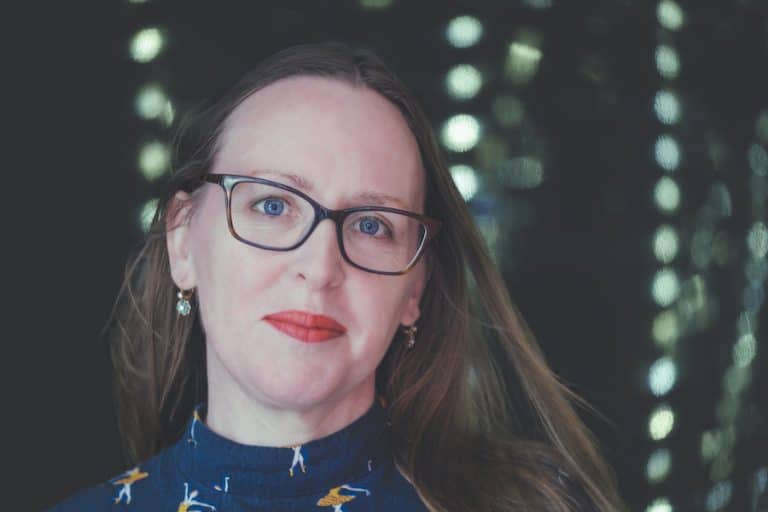
Meet the neurodiversity champion making workplaces inclusive for all
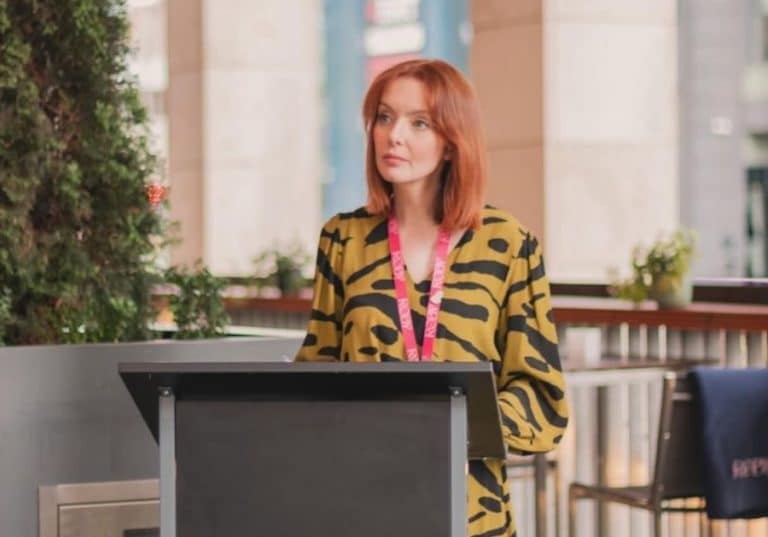
Manchester’s hospitality sector launches heartwarming response to a friend in need









